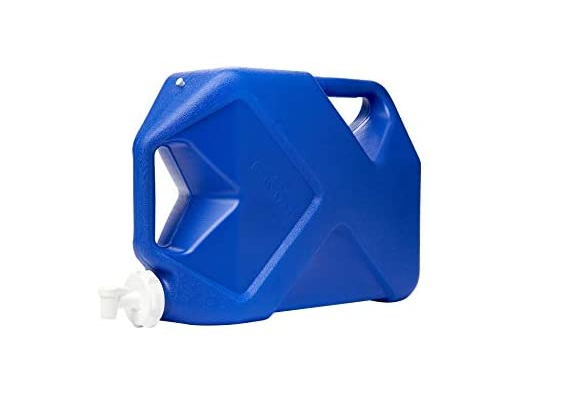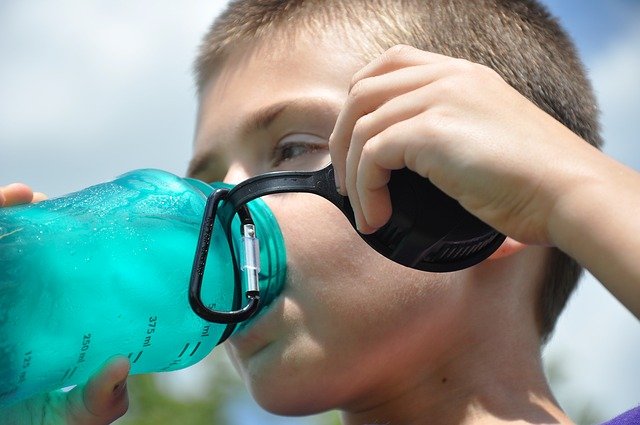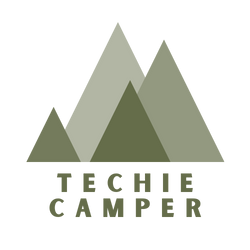Nothing beats time spent outdoors on an adventurous camping trip, but preparation is key. Access to fresh drinking water is something we take for granted in our everyday lives. Not preparing an adequate amount of water for a camping trip will have you quickly realizing just how important it is.
Where to get water on a camping trip
Again, storing enough fresh water for a camp outing is something you’ll want to make a top priority. If you do end up running out of fresh water, your camping trip is now over and it is time to head back to civilization.
Keep in mind, fresh water isn’t just used for drinking. You may also need to use fresh water for cooking, personal hygiene, of course water for any pets you bring with you. Just remember, it is better to have too much water than too little.
Method 1: Pack Your Own Water
Most campers will be bringing their own water supply. If you are heading to a “dry campsite,” this usually means that there is no access to fresh water or facilities to provide water for you. Instead, you’ll be responsible for bringing all the water you need for the entirety of the trip.
You can use a camping water container filled up with tap water from your home to use for your camping trip. Typically, we like to bring multiple water containers on a trip so that we have plenty of water to go around. If packing space is a concern, grab a collapsible camping water container so that you can break it down and pack away after use.

The second (though, less recommended) method is to buy water, either in a large package of bottles or the one-time use jugs that are available in most grocery stores or convenience shops. These are a great convenience but leads to a lot of waste, which can become very annoying when cleaning up your campsite. Go for a water container made specifically for camping to avoid the mess if you are a frequent camper.
Method 2: Use fresh water that is available on the campsite
Many camping sites will be outfitted with fresh water that is able to be pumped in or even modern-day plumbing in facilities. If this is the case, you can absolutely use this water for personal hygiene, but in our personal experience, have found this water to not be suitable for drinking. Technically, yes, this water is probably safe to drink but there is usually a foul taste and smell that comes with it. We’ve even had a few people get sick, though we believe it is due to not being used to drinking this water source.
In any case, yes, you can drink this water if push comes to shove, but do not rely solely on a campsite’s water source for consumption. Pack plenty of your own water and view the facilities as a last resort.
If you do end up drinking the campsite’s water, use a filtering system available in water bottles or water containers.
Method 3: Clean water available on the campsite
If you’ve exhausted all the freshwater you’ve brought to your campsite and need more, a third option is to clean the available water in your area. While this is not necessarily recommended, sometimes cleaning water to drink is a necessity for survival.
You can use a filtration device designed to clean the water around you, though this is no guarantee of how safe it will actually be to drink. Many filtration devices only clean the water to a certain degree, and microorganisms or other local bacteria can still remain.
This method also requires that you have water in the immediate area that is available to clean.

Drink Plenty of Water
Make sure you are over-prepared when it comes to the amount of water you pack for each person and animal. Depending on the weather and activities you plan to do, the water you’ll need will also increase. With all this in mind, drink plenty of water while you’re out and enjoy nature without this concern nagging in the back of your mind!
